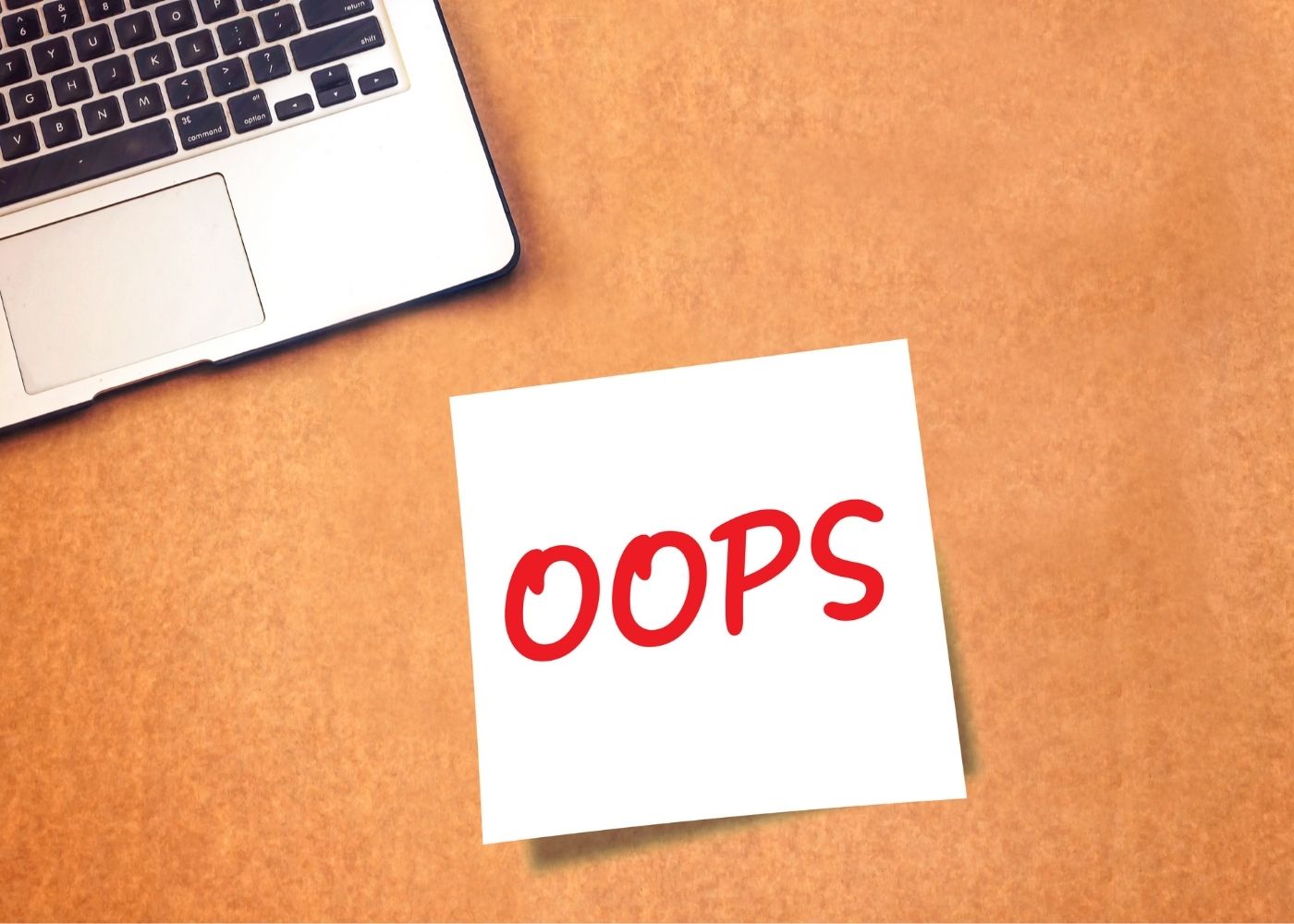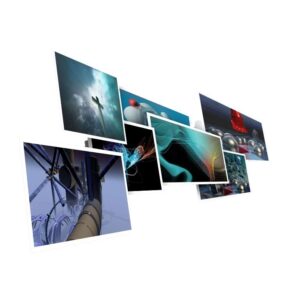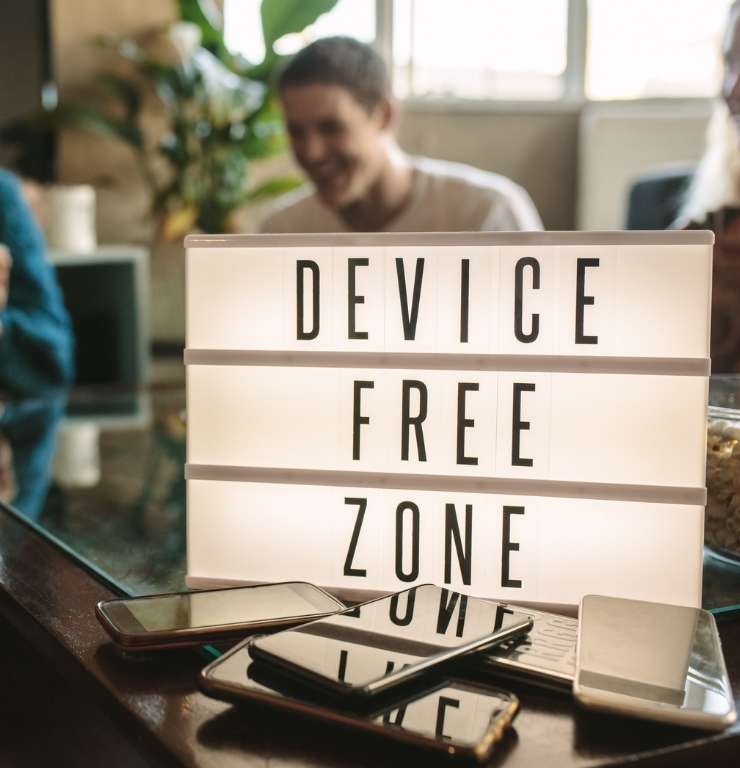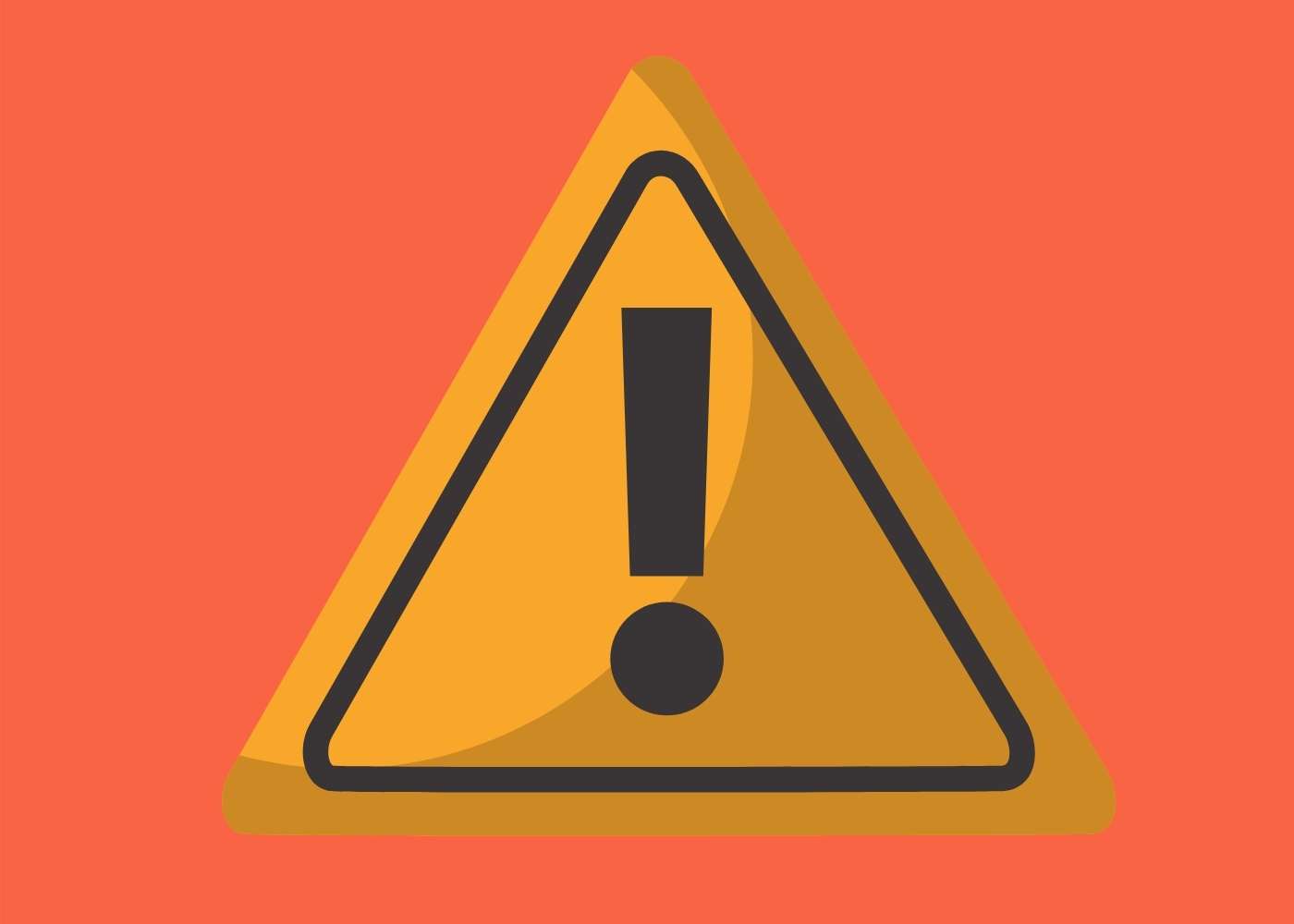
Pick It Up (a Notch)
T
his week’s homework in my Client Communications class was the cause of much wincing and discomfort. The dreaded assignment was to record themselves leaving three different voice messages to potential clients, colleagues etc. You’d have thought I asked them to recite their most painful memories.
Many said that they don’t like the sound of their voice, which is common, and if you Google it you’ll learn the science behind this. But the fact is, phone skills are still vital to conducting business…texting and emailing alone won’t get the job done. You have to be able to speak with confidence and conviction when you’re having business conversations.
Young people are growing up digitally and not learning the basics of talking on the phone. Oh, the irony…when I was growing up parents everywhere complained about how much time their children spent on the phone. For my sixteenth birthday I was given my own phone line and number, and spent hours on it.
If your own phone skills are weak or non-existent, I have one piece of advice for you: start slow and easy by making a few phone calls. Low-stakes calls at first, to help ease you in to the practice. And if you don’t have a headset, they make a huge difference in comfort while you’re on the call so think about getting one. When I’m on a coaching call, I have the freedom to walk around or sit and take notes and I don’t lose any energy trying to manage the phone itself.

Once you start, you will certainly experience the benefits of a call…you get a lot more information when you hear not just what the other person is saying, but the all-important how they’re saying it is what really informs.

Enough With the Phony Familiarity
T
rends in business communication shift with the times, as they should.
During my early days as a public speaking coach, the fad (never a good one) was to “Tell them what you’re going to tell them, tell them, and then tell them what you told them!” Pure bunk and fortunately no longer in vogue.
Being under lock down has had its own influence on how we talk shop, some good and some extremely vexing. I’ve been able to coach online classes on how to Upgrade Presenting Skills for Zoom, and the results are deeply gratifying- formerly shy, introverted senior level people have absolutely bloomed. Confidence is shored up. Meetings become engaging once people understand how to speak on/camera.
Now I’m seeing an annoying trend and to anyone out there who thinks it’s clever, think again. It’s e-mail abuse, in the form of familiarity:
“Hi Katie, I hope you’re doing alright and are in a good place…are you? You’ve probably noticed from my emails lately that…” These are from people I’ve either never heard from, or else haven’t heard from in a dozen years or more. So no, I haven’t noticed anything lately and this approach guarantees that I never will again.
Please don’t make that mistake out of sheer desperation. Or another type- my husband got a jocular work email, much the same fake friendly but with the added touch of the sender in a highly inappropriate outfit and pose.

Enough With Slap-Happy Webinar Hosts and Guests
M
y husband wonders why I watch so many webinars, often to complain about them later. I watch to try to learn new stuff, but the tone of many makes them irritatingly unwatchable.
When was it decided that when you’re on/camera, you have to present a hyped-up, big-smiling, wildly excited persona? We’re not selling used cars here, yet mute the sound and it sure looks like it. How many times can we hear “Awesome!!!” “Amazing!” “Great question!” “I’m so excited about this webinar!” without running out of the room in despair?
It can be exhausting just trying to figure out what they’re actually talking about, which too often is precious little. After all that fuss.
Please take a moment to consider who you really are and how to project that on/camera, rather than copying what you see others doing. One Gary V is enough. A few tips on being authentic on/camera:
- Be prepared. If you’re working with scripted material, rehearse it until you’re comfortable and know the flow of it.
- If it’s improvised content, know who’s involved and what the overall plan or goals are.
- Cool it on the caffeine. When we’re “on” we naturally get a spike in adrenaline, so we don’t need to add too much caffeine into the mix. Try herbal tea instead.
In the past week I’ve watched maybe eight webinars and of them, only one got it right. Three women shared the content seamlessly, all were well-spoken and prepared and none felt the need to gasp about how happy they were.

The result? An excellent listening experience for me, on the subject of mind set and how to manage it. Informative, uplifting and thank you to Judy Goss of What Women Want for hosting it.

Public Speaking 101: Use Notes
D
o you believe that a speaker working without notes is therefore ‘better’ than one who does use notes? I ask because a lot of people ask me the same question. If you’re giving a presentation you have to decide for yourself, should you:
And that’s all it takes! Follow one or all of these and you’ll be giving it less than your best, and putting yourself through hell, and abusing the audience as well. Or, you can do the opposite and give yourself a fighting chance. More on that, anon.
- Try to memorize your notes / script.
- Read your notes.
- familiarize yourself, using notes.
Memorizing takes a lot of bandwidth, trust me. Unless you’re naturally good at it, or have very little to say, I advise not even worrying about it. You should do what supports you best when you’re on, and not concern yourself with how ‘notes/no notes’ looks to an audience. Are they engaged, is what you want to concern yourself with.
Reading your remarks is OK, but only if you’re really good at it. Most people don’t have the training to bring words on the page to life, which is an art. Professional narrators know how to employ the technique, so you can study up on them. One thing you should never read are PowerPoint slides.

This is my advice for the average speaker who wants to do the best possible job. The more you review your content and practice it, the better you’ll be able to fully own it during your actual delivery. Use notes that help keep you focused on your message, but also allow you to tune in to your audience. Make sure the font is larger than usual. Use color or images in the margins, for emotional cues.
People with little experience in public speaking in general tend to underestimate what goes into “extemporaneous” talking- unscripted and improvised. It might look easy but that’s the beauty of excellent communication- it all seems so simple.

How To Screw Up Your Presentation
H
ow to screw up your presentation:
- Procrastinate. Wait until the last possible minute to think about your message, your intention and your knowledge.
- Once you’re good and nervous because you’ve waited so long, sit down in front of the computer to write your speech.
- Start typing whatever comes to mind. Spill it all out onto the page.
- Print it out in a size 10 or 12 font.
- Don’t rehearse. Don’t get to know it, or to own it. Just read through it to yourself.
- Drink lots of coffee on the day you present.
- Grab whatever clothes you want and same with shoes.
- Manage your stage fright by imagining your audience in their underwear.
- Start by telling everyone how nervous you are.
- Speak as quickly as possible, to get it over with.
And that’s all it takes! Follow one or all of these and you’ll be giving it less than your best, and putting yourself through hell, and abusing the audience as well. Or, you can do the opposite and give yourself a fighting chance. More on that, anon.

Clutter In The Office = Fuzzy In The Head
W
e all know that we’re supposed to have a zen garden for an office, and it’s a worthy goal. I’m not there yet, but…I have made huge strides in managing the energy in my office, so it doesn’t manage me! And after a lot of study and experimentation, I can tell you that the single best thing you can do to have a comfortable, supportive work space is to get rid of the clutter.
Yes, your tech set-up matters and your chair is important, but if it’s engulfed in stuff then you’re not getting full value from them. Clutter is anything you’re not using, not loving, and it’s just taking up space. And not just any space, but your particular work space, where hopefully a little magic is bubbling away somewhere.
Here are some tips on types of clutter and what to do:

Papers, piles and more piles of papers. The bane of my existence and clashing with my love of trees, I hate these necessary nuisances. My solution was to buy a label maker, which let me make beautiful, clear labels on my files, and made filing a fun thing instead of a drag.
Unnecessary and irrelevant to the work-at-hand items, such as sports equipment, make-up, and food-especially candy! Put them where they belong-your office isn’t a catch-all for the rest of your life. In their place, have some drinking water to stay hydrated, and perhaps a small plant or some fresh flowers to stay grounded.


Have a simple system for tracking your time, so you don’t get lost in thought and stay there. With so much to distract us, mindfulness becomes imperative to maintaining a nice healthy work/life balance. I use a day planner and Google Calendar-it gives me the right digital and manual balance that I need.
By the end of each week, my office looks like the wreck of the Hesperus, and I have to take about 30 minutes to restore order. I’m fine with this, but am aiming for a tidy desk at the end of each work day, which I think is preferable.

Webinar Success Tips
W
hen I gave a webinar a few weeks ago, the subject of which was “Meetings You Won’t Want to Miss” I was shocked to learn that after speaking for 45 minutes on the subject… I still had 387 attendees and they had questions. About meetings??
Well…yes. And the point is that just about any subject can be made engaging if you make the right choices. In my case, I was asked to speak on the topic of meetings and I said I would but… I had misgivings. Meetings are boring, for the most part. People don’t like them. So I decided to state that at the very top-to confess my own negative impressions and take it from there. Choosing to open with the “elephant in the room” is stronger than ignoring it. If your topic is similarly bogged down with a negative reputation, it’s good to address it up front.
The other strong choice that I made was to include visual slides (cartoons, photographs etc) that were humorous. This works well for two reasons:

- images convey information much more quickly than words, so you don’t have to belabor the point
- the attendee is compelled to look at the screen, rather than just listening
The people running the event were able to see when attendees were actively engaged with their screens (I don’t know how as I wasn’t privy to that info) So in addition to having images to look at, I also had some simple bullet points on slides, which I did not read to them. It is the kiss of death, and most presenters make this common mistake. Listening to someone else read what is already written is dull, and slows your pace way down. Instead, allow a few seconds of silence when the bullet points come up. That way your audience can read it in peace, and your comments can pick it up from there.
Webinars are one of the most challenging forms of presenting to pull off well. They require a lot of preparation, and an understanding of language, both written and spoken. But they are well worth it for their ability to enable you to connect with larger audiences and to take questions
One of the biggest points I got questions on was my suggestion to make all meetings “Device Free” and having a collection basket placed by the door. What a difference it makes, and can kill the desire for a meeting in the first place! I recently did this at a dinner party, and I don’t know who took it worse at first- the teenagers or the over 60 year olds. It turned into a great success, and no one got hurt in the process.


When “You have strong opinions” is Really Code for Something Else.
H
mmm. I’m wondering if other people have noticed the same thing. There are times when I’ve been told exactly those words (above) and in a tone meant to mildly shame or judge. As if having a less dynamic point of view would be preferable to the listener, as well as better suited to my gender, because the majority of people I’ve heard this from are men.
This begs the question: do men go around telling other men that they are very opinionated, and to tone it down? As my husband would say “homey don’t think so.”
So this week my calendar included coaching a senior executive with the ACLU, to prep for an upcoming presentation, and the stakes are huge. My strong opinions came in very handy, I can tell you that for sure. So I want to reassure all of us who might have been scolded for having a strong opinion- if it’s weak convictions you’re after, please seek them elsewhere…there are plenty of them out there. I’m proud to say I’m opinionated.

Five Confidence Killers
Lately I’ve been running workshops, interviewing people, giving quizzes, and lecturing on public speaking, which is not new. What is new is the nearly unanimous desire people are expressing for feeling more confident being themselves in public.
Contrast that with the ubiquitous presence of cameras in our lives, and I can see why so many people feel the need for some reassurance that what they have to say matters, and is worthy of attention and respect. We’re being judged left, right and center on social media and judging others in return.
Boomers, GenXers & Millennials—we’re all up against it here, with some of us faring better than others. Here are some tips for what NOT to do:

1. Comparing yourself to other people- oh, this is ever so easy to fall into, and is an utter waste of time and energy. No one else can be you, but you, so make the most of it. If you’re not yet sure who you are, start exploring on your own.
2. Believing your own PR- again, way too easy to do, and harmful to who you believe yourself to be. If you are living and dying by the numbers (of likes, clicks, open rates, stars etc.) then you are worshiping a false god. The numbers don’t add up to self-esteem.
3. Poor styling choices- how you look and sound to others matters to them, even if it might not to you. You’re judged on your appearance, and giving scant attention to it can leave you feeling uncomfortable if you’re standing out because of it.

4. Judging other people unkindly-when you succumb to this type of behavior, it will come back to bite you. You will look at the world negatively and expect to get that in return. And guess what? You will.
5. Too much: junk food, caffeine, sugar, alcohol, drugs- what do these have to do with confidence, you may ask? They keep your body out-of-balance, and that will affect your judgment, communication & the impression you make on people, and it won’t be a positive one.


Dealing With Harsh Criticism
Afew weeks ago, I gave a presentation on public speaking skills, which is something I do regularly. Normally they go well but this time, the person who produced the event was sharply critical of my performance. At first I was stunned, then furious, and finally I felt mortified and depressed.
Basically, I didn’t know what had hit me.
Plus, I was donating my time and the producer had seen me present before.

In a lengthy email, the tone of her comments was so biting that I couldn’t even begin to see what she was trying to say…it was frustrating to try to figure out what I had done to earn such wrath. Any valid points she may have had were lost on me. I started to question my skills and doubt myself…adding insult to injury.
What I learned from this is to let other people know when something like this happens. When I posted about it in a FB group among people I trust, the support and advice I got were the best possible antidote for the toxic feelings. Many advised waiting a few days before responding, which I did. It wasn’t easy, but it was right.

It was hard on my bruised feelings, but again, the group dynamic worked wonders on that, too. They were kind. Their points were rational and they had my back. I came to understand that you can’t stop what you’re doing when someone says unflattering, hurtful things. And you can’t hit back at them, either, so you’re best served to let it go. Quick as you can, and then shut the door on it and walk away.
In the meantime, I’ve given three more workshops, spoke on one tele-summit and did one virtual networking event on ‘advancing your career.’ These have all gone well, and I’m happy to say people have been positive and satisfied…BUT, part of me is going to be wary for a bit.
